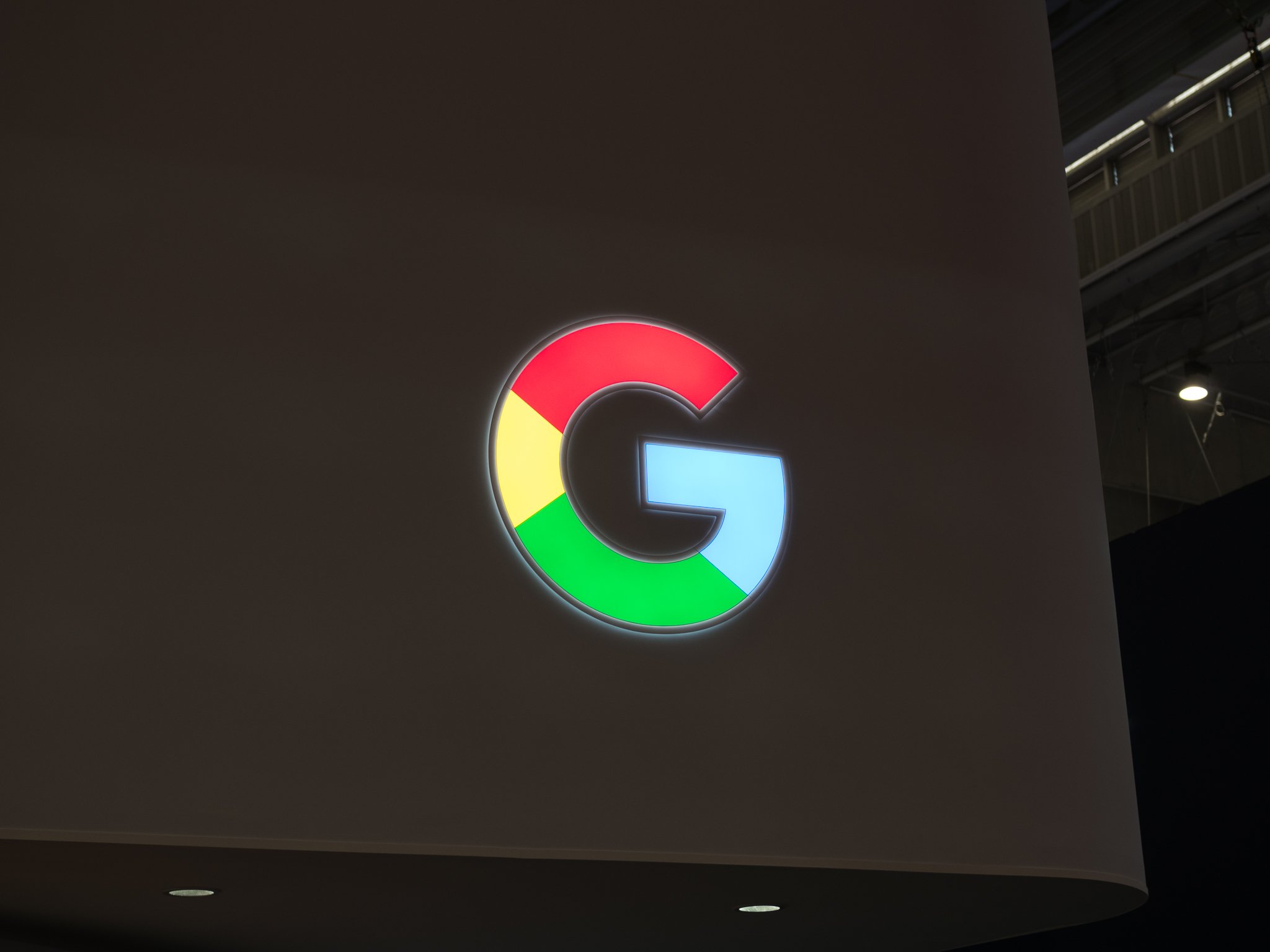UK’s competition watchdog is investigating Google's dominance in digital ad tech
The Competition and Markets Authority wants to find out whether the search giant is unfairly shutting out third-party ad servers.

Update (May 26, 9:10 pm ET): Google responds to the CMA's investigation and says it will work with regulators to address their concerns.
What you need to know
- The UK's Competition and Markets Authority is probing Google's potential antitrust violations in digital ad tech.
- The investigation zeroes in on the search giant's dominant position in the ad tech market.
- Authorities are concerned that Google's dominance in this space is freezing out rival ad servers.
Google's position in the digital ad tech market has UK competition authorities concerned. The Competition and Markets Authority announced today that it has opened an investigation into Google's dominance in digital ad tech exchanges.
The CMA's investigation revolves around Google's "strong positions" in the digital ad tech stack, a type of intermediary system where ad spaces are sold and purchased. The competition watchdog suspects that the company's ad tech stack dominance is stifling competition with third-party ad servers.
"We’re worried that Google may be using its position in ad tech to favour its own services to the detriment of its rivals, of its customers and ultimately of consumers," said Andrea Coscelli, the CMA’s chief executive. "This would be bad for the millions of people who enjoy access to a wealth of free information online every day."
Authorities want to look into three key areas of the ad tech stack where they suspect the search giant holds a dominant position. These include the demand-side platforms (DSPs) where advertisers and media agencies buy publishers’ ad inventory from multiple vendors; ad exchanges, which automate the sale of publishers' inventory; and ad servers, which select which ads to display.
"The CMA is assessing whether Google’s practices in these parts of the ad tech stack may distort competition," the CMA said in a press release. "These include whether Google limited the interoperability of its ad exchange with third-party publisher ad servers and/or contractually tied these services together, making it more difficult for rival ad servers to compete."
Google was not immediately available when reached out to by Android Central for comment.
Be an expert in 5 minutes
Get the latest news from Android Central, your trusted companion in the world of Android
Competition regulators are worried that the Mountain View-based company may have abused its publisher ad server and DSPs to favor its own ad exchange platform to the detriment of rivals.
The CMA noted that this is the second antitrust investigation into Google’s practices in ad tech. In March, antitrust regulators in the EU and UK launched an investigation into Google and Meta's ad tech deal called "Jedi Blue," which has been criticized for potentially shutting out smaller ad servers.
The latest regulatory action comes just a few weeks after a bipartisan group of U.S. senators announced plans to introduce a bill aimed at breaking the stranglehold Google and other tech giants have on the digital ad market.
Update
Google says it will continue to work with the CMA to address their concerns and share information about how its ad tech works.
"Advertising tools from Google and many competitors help websites and apps fund their content, and help businesses of all sizes effectively reach their customers," a Google spokesperson told Android Central. "Google’s tools alone have supported an estimated £55 billion in economic activity for over 700,000 businesses in the UK and when publishers choose to use our advertising services, they keep the majority of revenue."

Jay Bonggolto always keeps a nose for news. He has been writing about consumer tech and apps for as long as he can remember, and he has used a variety of Android phones since falling in love with Jelly Bean. Send him a direct message via Twitter or LinkedIn.
